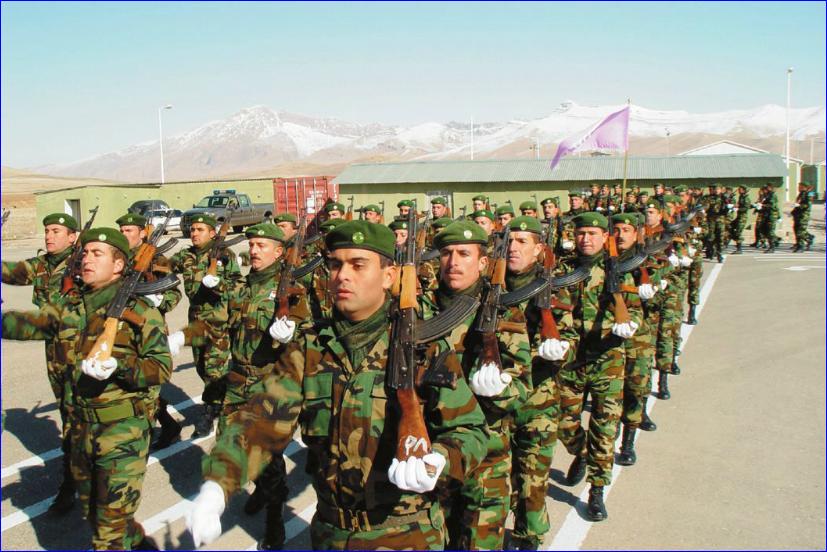


The Nineveh Plain is an area north of Mosul. It was until the invasion of ISIS the last great stronghold of Assyrians. The ISIS invasion forced 200,000 Assyrians to flee the Nineveh Plain under great hardship. Demographically, the Assyrians along with the Yazidis used to make up for more the 90 percent of the population in the Nineveh plain.
Since the fall of Saddam Hussein in 2003 Assyrians have strived to rebuild the Iraqi society and also worked, through the federal system, to finance and maintain an Assyrian defense force.
This defense force would assume the responsibility for both military and police duties in the Nineveh plain. All attempts to form such a force have been thwarted Kurds and Arabs, both of whom have been committing targeted violence, unlawful arrests and murder of Assyrian leaders, as documented by Human Rights Watch in their report titled On Vulnerable Ground.
The Kurdish militia created a network of check-points and road blocks with the purpose of dividing the Nineveh Plain and stopping the free movement of Assyrians in their homeland.
This network of check-points has, according to Assyrian leaders, gradually evolved into an occupation of the Nineveh plain. Leaders of Assyrian parties have stated the Kurdish militiahave by threats, arrests and murders established the same rule of terror as during the regime of Saddam Hussein.
On August 7, 2014 there was a massive flight of Assyrians from the Nineveh Plain. This flight was induced by the Kurdish militia withdrawing from their positions, leaving the Assyrians and Yazidis defenseless.
The purpose of the Kurdish strategic withdrawal from the Nineveh Plain was to clear the area of the Assyrian population -- creating the refugee crisis we see today.
This was to show that the Kurdish militia was not capable of withstanding heavily armed ISIS and therefore needed weaponry to protect Assyrians and other Christian minorities.
The Nineveh plain, with considerable oil reserves, has recently been declared a "disputed area" by the Kurdish authority. All this according to the Iraqi constitution and the plan is now to occupy the area.
A Nineveh Plain without Assyrians is a vital step on the way to a Kurdish annexation. There is an overwhelming risk of a Kurdish colonization of the land of the Assyrians.
The increasingly tense geopolitical situation in North Iraq has put pressure on the West to answer Kurdish pleas for weapons. These pleas have been broadcast by the media, without asking the question about what happened with the stockpile of weapons the Iraqi army left behind after retreating from the oil city of Kirkuk. These weapons were captured by the Kurdish militia after the retreat. Where have these advanced weapons gone?
This militarization of the region makes for continued instability. To deliver weapons to the Kurdish militias could prove dangerous. There is great risk that the weapons supplied by the western world, along with the seized weapons from Kirkuk, will be used by the Kurds against both the Assyrians and the central government of Baghdad.
Guest Editorial Policy

or register to post a comment.